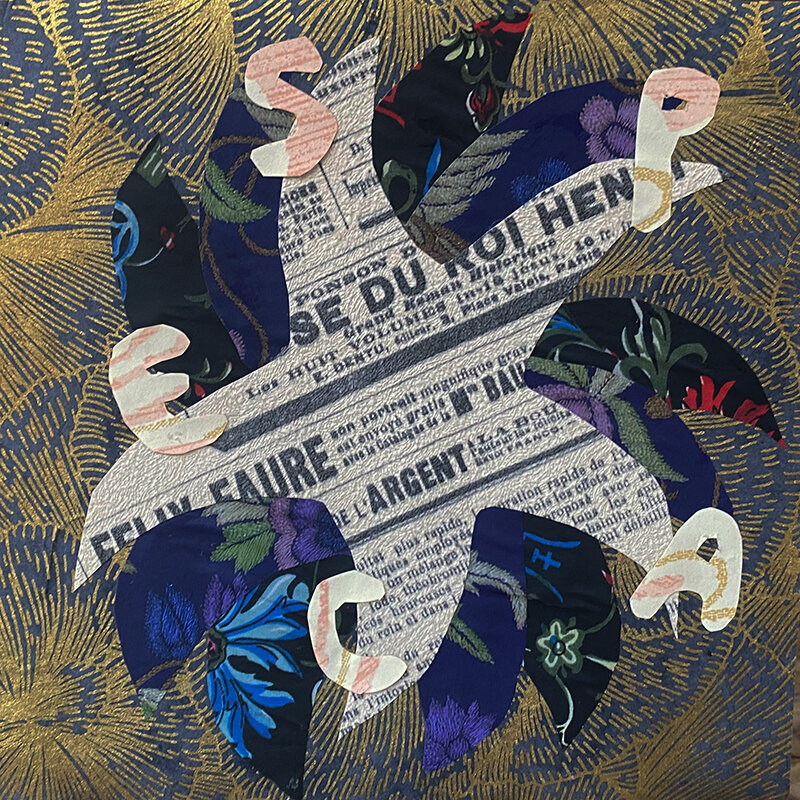On Tuesday October 19, the WriteSPACE community was treated to a conversation on “Writing on Beauty” with esteemed special guest and genre-defy writer Professor Douglas Hofstadter.
Doug has always been “a strange loop.” His book Gödel, Escher, Bach: An Eternal Golden Braid won both the Pulitzer Prize for non-fiction and the National Book Award in 1980. He is a more-than-transdisciplinary thinker who teaches cognitive science and comparative literature (among other things) at Indiana University. Doug is also Director of Indiana University’s Fluid Analogies Research Group (FARG), where he and other FARGonauts pursue the creative analogy-making holy grail of “fluidity.” Doug’s enduring passion for languages, music, and the sciences blends seamlessly with his ongoing discursive explorations in poetry, translations, script-inspired “Whirly Art,” and wordplay - all of which keep him writing and “perpetually in search of beauty.”
In the first hour of this WriteSPACE Special Event, Doug and I discussed how his intellectual autobiography informs his writing and his concept of beauty. Doug told us about some of his childhood experiences and influences - one of the most prominent being his mother’s beautiful handwriting - and how these early encounters informed his later work. Doug shared pieces of his writing and pointed out various curiosities, such as layers of inherent ambiguities, strategic uses of conceptual, lyrical, and formatting wordplay, and playful examples of self-referential sentences. He also compared two different English translations of the same Pushkin poem to show how they differed in patterning, meaning, and aesthetics.
Quote of the hour (Doug’s definition of beauty): “Beauty is a unity of things that come together in some unexpected, special, natural and powerful way.”
In the second half, Helen ran us through two Hofstadter-inspired word play activities. First, we wrote a description of an object without using the letter ‘e’ and then in small breakout groups, we used the prompt ‘write a self-referential sentence’ to see what emerged.
Quote of the hour: Sentences that implode!
The full video of this spectacular session is available for members in the WriteSPACE Library.
Not yet a member? Join the WriteSPACE now with a free 30 day trial, and access our full Library of videos and other writing resources.
Subscribe here to Helen’s Word on Substack to access the full Substack archive and receive weekly subscriber-only newsletters (USD $5/month or $50/year).
WriteSPACE members enjoy a complimentary subscription to Helen’s Word as part of their membership plan (USD $15/month or $150/year).










